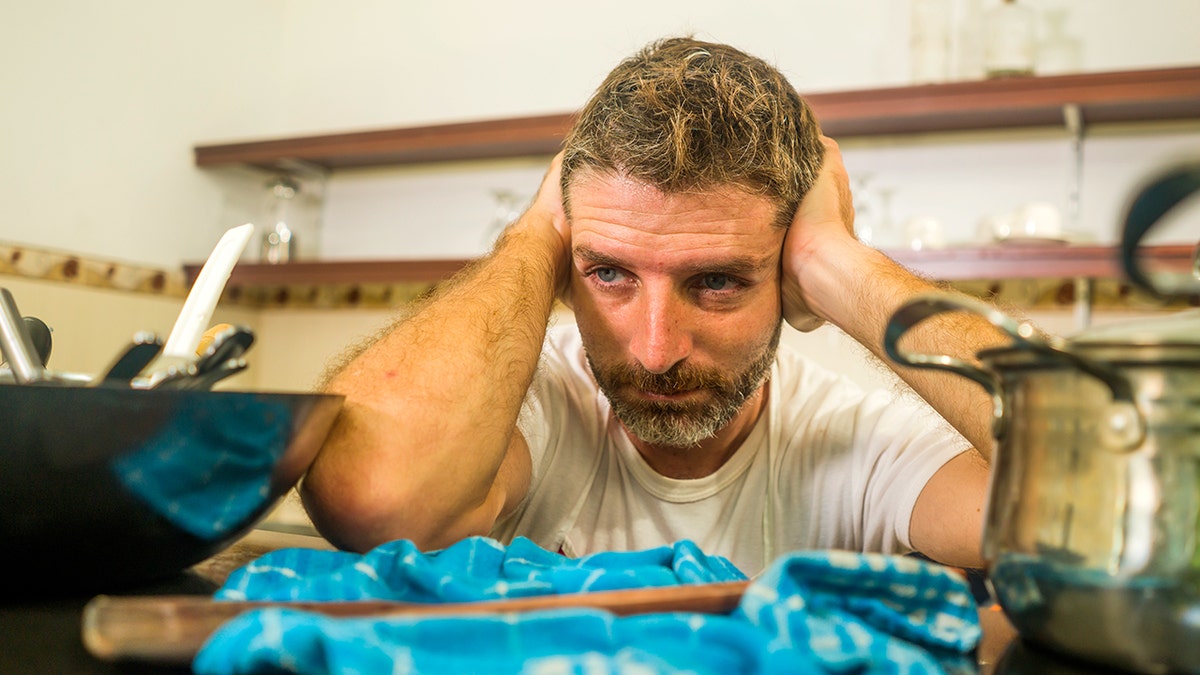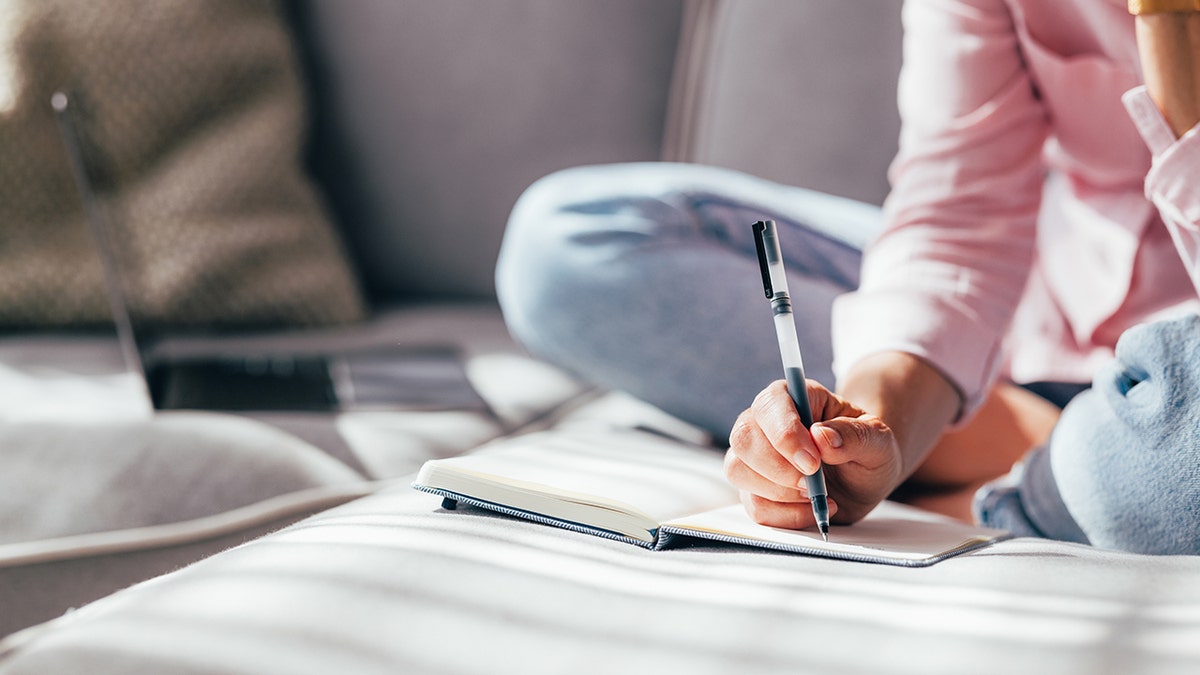NEWYou can now listen to Fox News articles!
Dreading a task at the end of a long week? There may be a way to trick your brain into seeing that chore as a reward.
“Dopamine anchoring” is the latest psychology hack making the rounds on social media.
This technique involves associating a desirable thing – like music or snacks – with a less pleasant task or movement, so that “over time, your brain begins to crave the task itself,” according to Joshua Stein, M.D., a child and adolescent psychiatrist at PrairieCare in Minnesota.
STANFORD SCIENTISTS ‘TOTALLY SURPRISED’ BY POTENTIAL PARKINSON’S TREATMENT DISCOVERY
From a neuroscience perspective, this strategy works through the brain’s dopamine pathway.
Dopamine is a neurotransmitter in the brain that is associated with feelings of pleasure.

By repeatedly pairing something enjoyable with an activity, you could train your brain to associate pleasure with that behavior. (iStock)
“When we expect a reward, dopamine levels rise before we get the reward,” which helps boost motivation, Stein told Fox News Digital.
By repeatedly pairing something enjoyable with an activity like cleaning, writing or even exercising, it’s possible to train the brain to release dopamine in advance, which associates pleasure with that behavior.
NEGATIVE THOUGHTS MIGHT BE CHANGING YOUR BRAIN IN SURPRISING WAYS, STUDY SUGGESTS
“There is strong scientific support for this, from both behavioral psychology and neuroscience,” said Stein, noting that pairing stimuli and rewards can influence behavior, even potentially helping with addiction.
This anchoring technique can also be helpful for those who have conditions like ADHD or depression, where the dopamine system can become out of whack or dysregulated.
“The more consistent the pattern, the stronger the association.”
Stein noted that some people may struggle with a condition called anhedonia, which means they have issues with experiencing pleasure, starting a task or keeping their attention focused.
“By strategically anchoring pleasant stimuli to challenging tasks, individuals can essentially ‘prime’ the brain” to better tolerate, or even enjoy, those activities, according to the doctor.
“Overall, it’s about working with your brain chemistry, not against it.”
Debunking myths
One of the biggest myths surrounding dopamine is that it’s just a “pleasure chemical,” according to Stein.
“It would be more accurate to say that dopamine is the motivation or anticipation neurotransmitter,” he said.

One risk of dopamine anchoring is becoming too dependent on it when completing tasks, an expert cautioned. (iStock)
Potential downsides
While dopamine anchoring can be a helpful tool in some cases, experts say it should not be relied upon as the sole treatment.
There can be downsides to relying on this technique as a self-help strategy. “Like any other psychological tool, dopamine anchoring needs to be used mindfully,” Stein cautioned.
CLICK HERE TO GET THE FOX NEWS APP
There is the risk that someone could come to rely on external rewards to do anything at all, which could undermine natural motivation over time.
“Like any other psychological tool, dopamine anchoring needs to be used mindfully.”
People should also avoid using unhealthy or overly stimulating rewards as anchors, like eating sugary snacks after reaching a goal or using social media after finishing an assignment — behaviors that can lead to dysregulation, poor focus or burnout, the expert said.

Activities like journaling or listening to audio books are just a few examples of rewards to use when anchoring. (iStock)
Stein suggests anchoring with things that are energizing but not addictive, and building in breaks where motivation can arise more naturally.
“Think of dopamine anchoring as a bridge, not a crutch,” he advised.
Stein also pointed out the misconception that people can endlessly boost dopamine. While short-term boosts are possible, too much artificial stimulation can dull the natural response over time.
Examples of dopamine anchoring
“The best way to begin practicing dopamine anchoring is to start small,” Stein said.
CLICK HERE TO SIGN UP FOR OUR HEALTH NEWSLETTER
The expert offered the examples below for those looking to try this technique.
- Pair a long drive with a favorite podcast or audio book
- Schedule a celebration with friends after completing a big project
- Enjoy a favorite healthy snack while working on a challenging task
- Bring along a favorite coffee drink to a potentially difficult family visit
- Watch a football game while working out at the gym

The goal is to keep the rewards simple and non-addictive, so they don’t get in the way of the task, the expert said. (iStock)
“If you do this consistently, over time your brain will begin to associate that task with a sense of ease, and maybe even enjoyment,” Stein said.
The goal is to keep the rewards simple and non-addictive so they don’t get in the way of the task, according to the expert.
For more Health articles, visit www.foxnews.com/health
“Overall, sustainability is key,” Stein said.
“You’re not trying to trick your brain — rather, you’re training it. And like any other form of training, the more consistent the pattern, the stronger the association.”
